Leading the Way: Ocean Wise Sets New Standard with B.C. Salmon Assessment Methodology
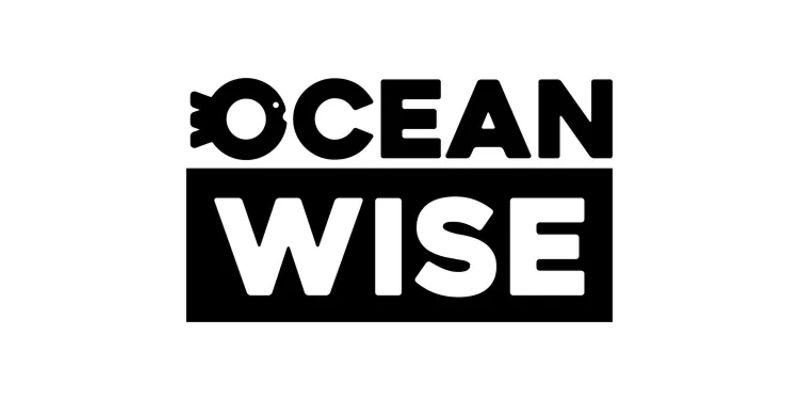
(May 28, 2024) – Today, Ocean Wise is pleased to announce new recommendations for British Columbian wild-caught salmon under its sustainable seafood label. The 14 new recommendations are the result of a unique new assessment process combining the best of scientific data and real-world knowledge.
Nearly 90% of Canadians eat seafood on a regular basis, with Salmon being one of the most popular choices. Given its popularity, it’s not surprising that the decline of salmon fisheries in Canada is a pressing issue.
The decimation of the East Coast’s once flourishing Atlantic Salmon fisheries is a stark reminder of the consequences of overfishing. Meanwhile, On the Pacific Coast, there has historically been gaps in conclusive guidelines on what constitutes sustainable B.C. Salmon.
With 75% of conscious consumers relying on eco-labels to make sustainable food purchases, these gaps are problematic for both seafood lovers, as well as fishers who rely on the stocks for their livelihoods.
To address this, Ocean Wise launched the Salmon Advisory Panel in February —a group of leading experts on British Columbia salmon to identify sustainable salmon options on Canada’s West Coast. Panel members include:
· Angela Addison – North Coast Skeena First Nations Stewardship Society
· Dave Moore – Authentic Indigenous Seafoods Co-operative
· Greg Taylor – Watershed Watch Society
· Dr. Eric Hertz – Pacific Salmon Foundation
· Dr. Scott Hinch – University of British Columbia
· Andy Olson – Nuu-Chah-Nulth Seafood LP
Leveraging their unique knowledge and guidance, combined with the Ocean Wise Rapid Assessment Standard, Ocean Wise is pleased to launch the first set of 14 new B.C. Salmon Recommendations generated from this new process. Sustainable Recommendations include Chinook and Sockeye from Barkley Sound managed in Area 23 and Sockeye from the Meziadin River.
“These recommendations aren’t just good for the ocean and waterways, but good for fishing families and coastal nations who rely on salmon for their livelihoods.” –Lasse Gustavsson, Ocean Wise President and CEO
2024 Ocean Wise Salmon RAPSTA Report and Recommendations
Why Do These Recommendations Matter?
British Columbia’s salmon industry holds significant economic power in Canada, with annual sales averaging between $150 million and $250 million. However, in the absence of eco-labels like Ocean Wise, buyers struggle to differentiate between sustainable and unsustainable options.
“Ocean Wise is in a unique position to leverage its Rapid Assessment Standard and Salmon Advisory Panel to ensure responsible fisheries receive the recognition they deserve. These new recommendations simplify the choice when purchasing salmon, empowering businesses, and consumers to support local, ocean-friendly fishers. In an especially complex case like B.C. salmon, this is even more important” – Samantha Renshaw, Ocean Wise Science Lead
Being able to recognize sustainable seafood options from local harvesters, allowing consumers to support ocean-friendly choices, is a vital step for growing local sustainable seafood markets – driving more dollars back into local pockets and economies.
What is Different About These Recommendations?
Over the years B.C. salmon Recommendations and certifications have come and gone, never sticking around for long. This is because it is incredibly difficult to assess the sustainability of B.C. Salmon.
The health of B.C. Salmon populations varies from year-to-year. Standard Ocean Wise seafood assessments typically take roughly one year to complete and remain valid for up to five years after the fact. This method clearly does not align with the annual fluctuations of B.C.’s salmon populations.
“The Ocean Wise Rapid Assessment Standard is nimble enough to adapt to the annual variations of [B.C.] salmon in a way that compliments other systems that look at longer-term population trends,” said Dave Moore, Authentic Indigenous Seafoods Co-operative and member of the Ocean Wise Salmon Advisory Panel. “Many Indigenous communities can see the importance of evaluating sustainability of [B.C.] salmon in this way because it regularly considers both salmon abundance and diversity, thereby preserving the tapestry of environment, culture, and economy that is central to all salmon ecosystems as well as those that depend upon them.”
This nimble approach, comprising Ocean Wise’s Rapid Assessment Standard combined with expert advice from its Salmon Advisory Panel, assesses the sustainability of B.C. Salmon yearly, better matching the fluctuation of Pacific Salmon populations. Ocean Wise’s approach is flexible, precautionary, and based on real-world knowledge, enabling recommendations that can adapt to changing conditions at the individual population level.
Link to learn more about the Salmon Advisory Panel
Link to learn more about the Ocean Wise Rapid Assessment Standard
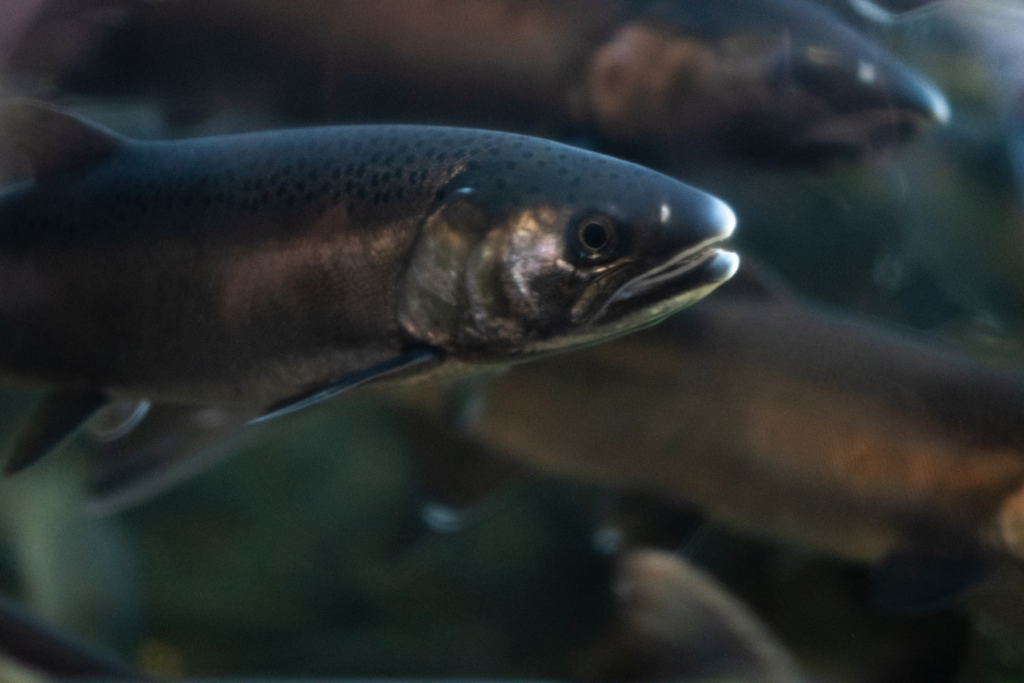
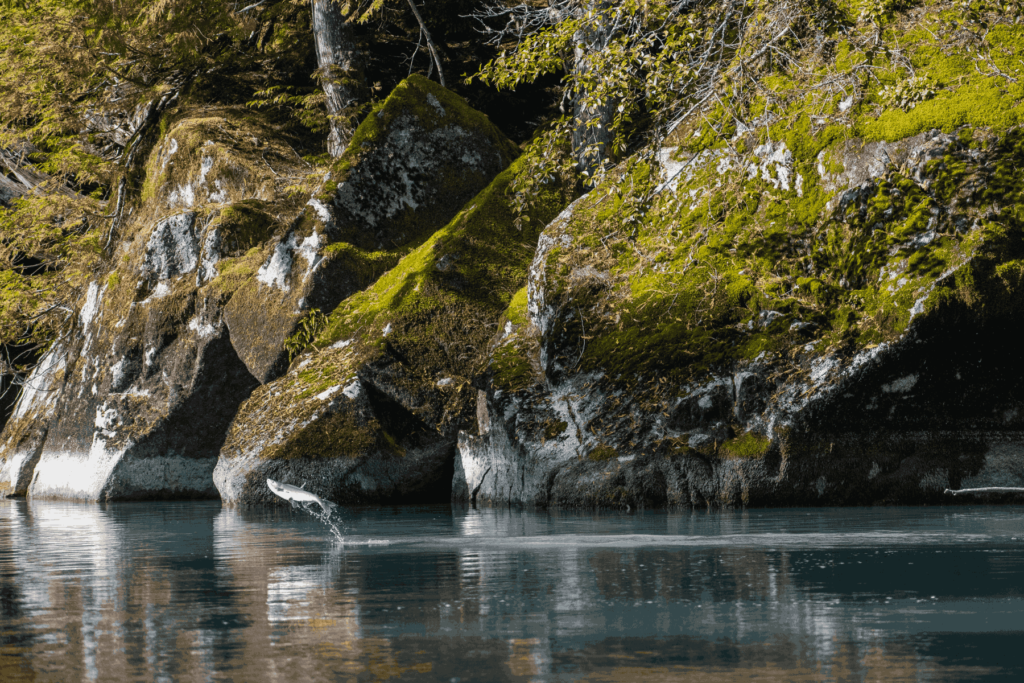
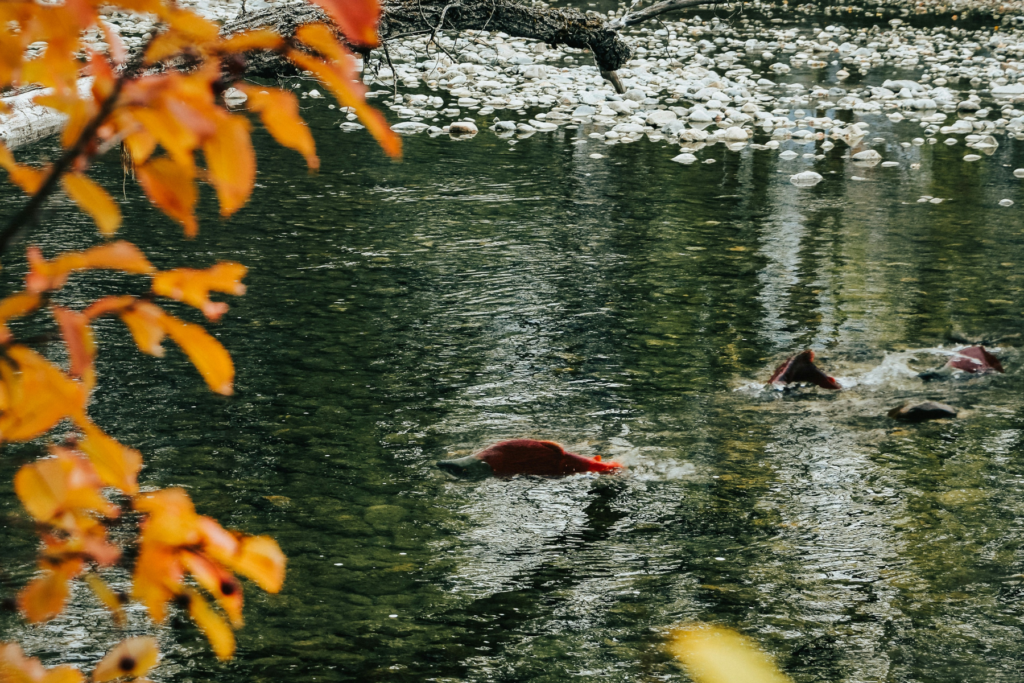
Salmon are one of Canada’s most well-known seafood products, in many ways synonymous with the wildernessof the Pacific coast. Yet, until now sustainable options have been difficult to identify through eco-labellingprograms. Ocean Wise’s new B.C. salmon recommendations introduce a nimble and rigorous process allowingchefs, consumers and retailers to distinguish between sustainable and unsustainable options.
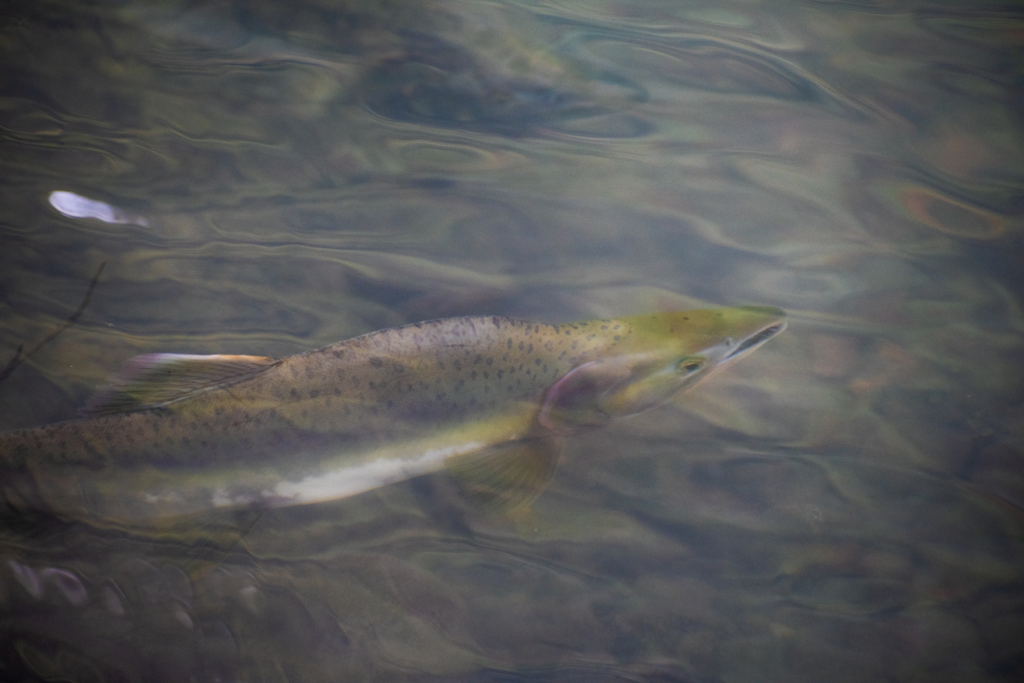
About Ocean Wise
Ocean Wise is a globally focused conservation organization on a mission to restore and protect our ocean. Through research, education, public engagement, and international collaborations, we empower communities to fight three major ocean challenges: ocean pollution, overfishing and climate change. By equipping and empowering individuals, communities, industries, and governments, we can create a future where people and our oceans can thrive. Ocean Wise is headquartered in Vancouver, British Columbia with staff across Canada and Chile, and operates conservation projects that make national and international impact.
For all media inquiries please contact:
Kim Bricker
Communications Specialist
604 659 3812
kim.bricker@ocean.org
Source: westerngrocer.com

